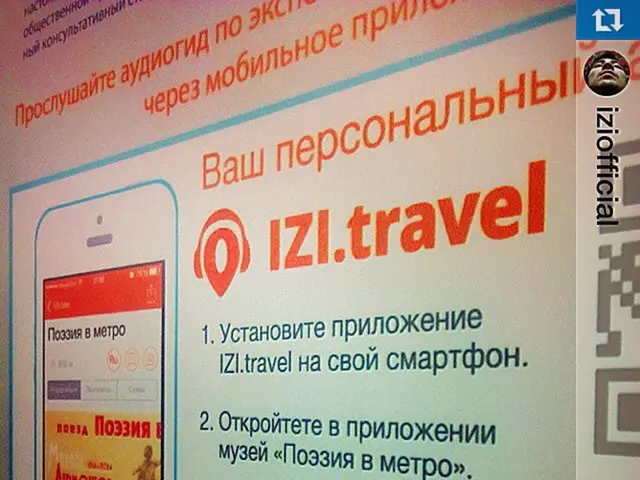Potential Vulnerabilities in Chrome Extensions That Can Compromise Your Security
In today's digital age, working from home has increased our reliance on technology, making browser security more important than ever. However, despite Google's efforts, many hacked extensions are still available on the Google Chrome Web Store.
To ensure your browser remains secure, it's crucial to be vigilant about the extensions you download. Users are responsible for identifying risky downloads due to the current lack of additional verification from Google. Before installing any extension, be cautious about the permissions granted and ensure they align with the extension's intended function.
A tool that allows viewing the source code of extensions can help in identifying suspicious extensions. If you suspect an extension may be malicious, deleting it is crucial for browser security.
To further safeguard your online activities, consider scheduling a Dark Web and External Security Scan. This can help detect whether your information is available on the Dark Web or if you have unsecured access points on your computer.
In addition to managing your extensions, there are other steps you can take to enhance your browser security. For instance, regularly changing passwords with extra security measures can prevent security issues. Google's Password Checkup extension can also help prevent hacked extensions by comparing login credentials with leaked data from data breaches.
Unauthorized likes on social media accounts, the appearance of strange ads, and a change in the default search engine could all indicate that your Google Chrome browser has been hacked. If you notice any of these signs, it's important to take immediate action to secure your accounts.
Lastly, a useful tool on the Chrome Web Store can enhance browsing and save time, but they may also pose security risks. Therefore, it's essential to use these tools responsibly and be aware that extensions in the Chrome Web Store can be as dangerous as random files from the Internet.
For additional protection, consider using the E-Mail-Sicherheitscheck tool provided by the German Federal Office for Information Security (BSI). This tool checks whether your email provider meets essential security criteria to protect communication from unauthorized access and manipulation.
By following these tips, you can help maintain your browser and email security, ensuring a safer online experience while working from home.
Read also:
- Senators pressure nominated leader of CISA on election security concerns, focus of agency highlighted
- Digital passwords come under pressure as major tech companies move towards strengthened security measures
- Blockaid's security services now integrated into D'CENT Wallet, enhancing Web3's safety measures.
- Osteoporosis: Factors Influencing Risk, Identification Methods, and Medical Interventions








